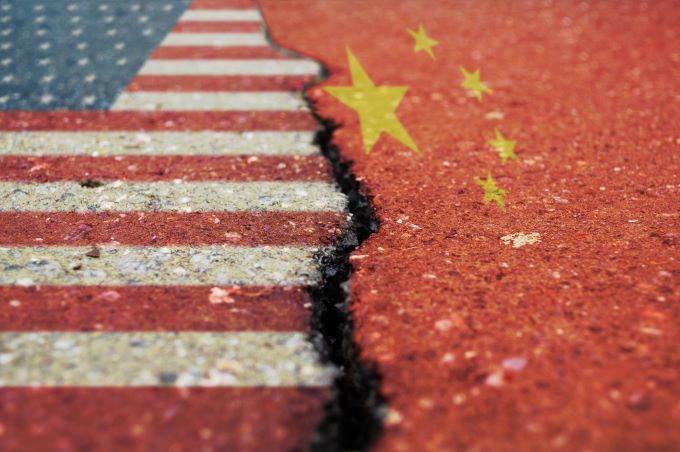 The South China Morning Post said, citing a source, that a Chinese trade delegation (led by the Vice Premier Liu He) is planning to travel to the United States on January 13 in order to sign the phase 1 of the trade deal with the US. The trade delegation is expected to come back to China on January 16.
The South China Morning Post said, citing a source, that a Chinese trade delegation (led by the Vice Premier Liu He) is planning to travel to the United States on January 13 in order to sign the phase 1 of the trade deal with the US. The trade delegation is expected to come back to China on January 16.
The phase 1 of the trade deal was expected to be signed earlier this month but President Donald Trump's recent tweet saying that he intended to sign the new deal on January 15 apparently made the Chinese change their agenda.
"I will be signing our very large and comprehensive Phase One Trade Deal with China on January 15," said Trump at the end of last year, "The ceremony will take place at the White House. High-level representatives of China will be present. At a later date I will be going to Beijing where talks will begin on Phase Two!," he added.
By 5:56 GMT the US dollar went up against the Chinese Yuan, gaining 0.14 percent and hitting the 6.975 level.
Meanwhile, the Middle East tensions escalated recently due to the assassination of the Iranian leader Qaseem Solemaini, making the Iranian government to further distance itself from the 2015 nuclear agreement, as they stated that that they didn't plan to stop their uranium enrichment work.
The Nuclear deal was already dying, especially after the United States decided to leave it in 2018. The deal consisted of limiting Iran's nuclear program, which at the same time diminished the chances of a war with Israel, which feels menaced by Iran's nuclear progress.
The escalating tensions drove the oil prices higher and made investors run towards safe-haven assets and currencies like the Gold and the Japanese Yen.
By 6:14 GMT Brent Oil futures climbed 2.32 percent, hitting the 70.19 level, followed by the West Texas Intermediate oil futures went up by 2 percent, hitting the 64.31 level. Gold Futures gained 1.75 percent by 8:20 GMT, hitting the 1,579.55 level. The Yen hit a three-month high during the early Asian session, gaining 0.3 percent, at 107.82.
“I think markets are going to remain pretty nervous on potential Iranian retaliation and what Trump might do next,” said the National Australia Bank’s Ray Attrill.
